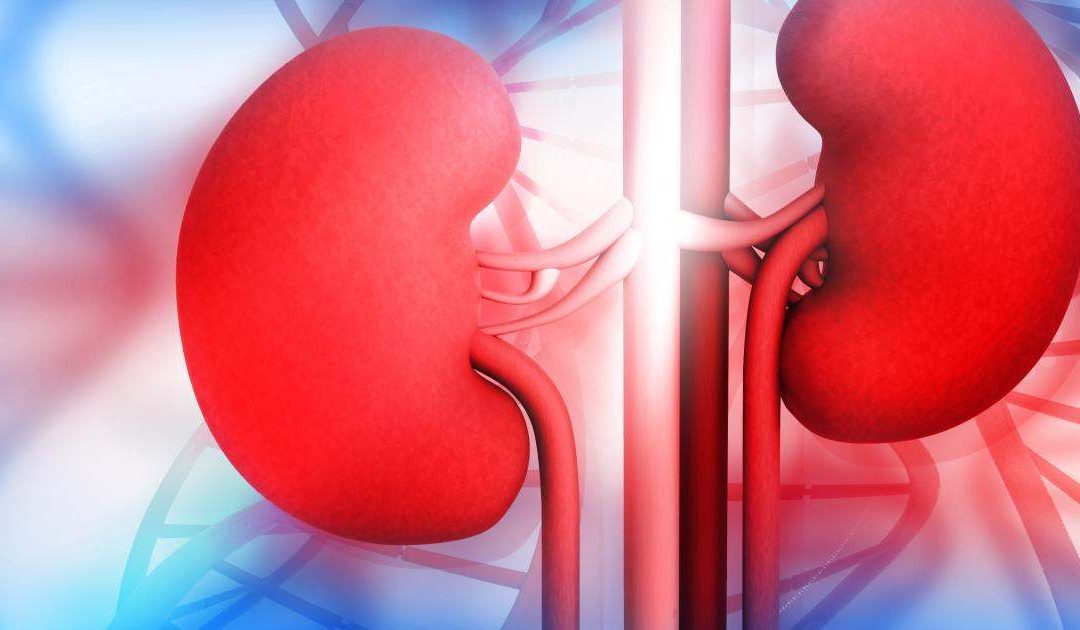Kidney Awareness plays a crucial role in ensuring individuals understand the importance of kidney health and the measures to maintain it. This article aims to shed light on the significance of kidney awareness, its impact on public health, and actionable steps individuals can take to safeguard their kidneys.
Why Kidney Awareness Matters:
Kidneys are vital organs responsible for filtering waste products from the blood, regulating blood pressure, and maintaining fluid balance in the body. However, kidney diseases often go unnoticed until they reach advanced stages, leading to severe health complications, including kidney failure. By promoting kidney awareness, individuals can become proactive in preventing kidney diseases and seeking early detection and treatment.
Key Facts about Kidney Health
Prevalence of Kidney Diseases: According to recent statistics, millions of people worldwide are affected by kidney diseases, with the numbers steadily rising.
Risk Factors: Certain factors increase the risk of kidney diseases, including diabetes, high blood pressure, obesity, smoking, and a family history of kidney disorders.
Silent Symptoms: Kidney diseases often exhibit subtle or no symptoms in their early stages, making regular screenings essential for early detection.
Lifestyle Impact: Unhealthy lifestyle choices, such as poor diet, lack of exercise, and excessive alcohol consumption, can significantly impact kidney health.
Taking Action for Kidney Health:
Individuals can take proactive steps to promote kidney health and raise awareness within their communities. Here are some actionable measures:
Regular Health Check-ups: Schedule regular check-ups with healthcare professionals to monitor kidney function and detect any abnormalities early on.
Healthy Lifestyle Choices: Adopt a balanced diet low in sodium, saturated fats, and processed foods while staying hydrated and maintaining a healthy weight.
Physical Activity: Engage in regular physical activity to improve overall health and reduce the risk of chronic conditions that can affect kidney function.
Avoiding Smoking and Excessive Alcohol: Quit smoking and limit alcohol consumption, as these habits can increase the risk of kidney diseases.
Educational Initiatives: Organize educational workshops, seminars, and community events to disseminate information about kidney health and prevention strategies.

